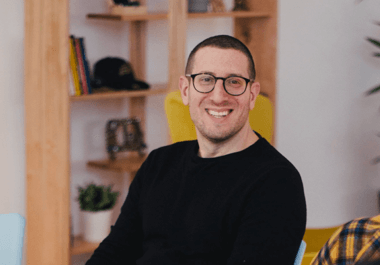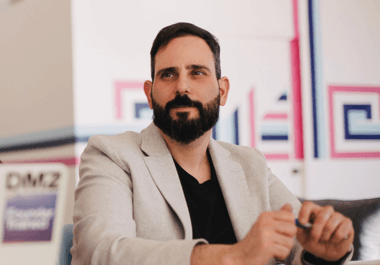
In the procurement landscape, increasing emphasis is being put on innovation and collaboration, so Innovation Partnerships may sound like the ideal solution. However, confusion still surrounds Innovation Partnerships’ defining characteristics. Here BiP Solutions journalist Paul Elliott talks to Pinsent Masons Legal Director Jennifer Robinson, and PASS Consultant Eddie Regan to demystify this new procedure.
Ms Robinson said: “To my mind, Innovation Partnerships are there to develop substantially new services, products and even works compared to those already in the market.”
In January 2014 the European Parliament updated the EU rules on public procurement, introducing new provisions allowing for environmental and social considerations and innovation to be taken into account when public contracts are awarded.
Part of this update was the introduction of Innovation Partnerships. These partnerships are intended to enable the procurement of goods, services or works that cannot be delivered by the current options available to the market.
This new mechanism allows contracting authorities to team up with either a single or multiple partners to research and develop an innovative outcome.
Similarities can be drawn between Innovation Partnerships and Competitive Dialogue. However, Competitive Dialogue solutions are developed in discourse; while Innovation Partnership solutions are developed once a single or multiple partners have been identified.
Ms Robinson cautioned: “There are quite a number of restrictions on how you run an Innovation Partnership compared to how you run a Competitive Dialogue. One example is the obligation that you have to specify what your minimum requirements are. In a way that’s implicit in all tender processes by virtue of the principles of transparency and equal treatment, but it’s also spelled out in the Article 31 provision relating to Innovation Partnerships.
“There is also the requirement to make sure that as you’re developing a product, it corresponds to minimum performance levels; so again, in a way that might be more broadly scoped within other procurement procedures.”
Innovation Partnerships can award according to ideas-based proposals, but this also brings risk, if the right skills don’t exist within the contracting authority. The people involved and their knowledge of the requirement are two key elements to success, just as with Competitive Dialogue.
On the subject of risk, Ms Robinson warned of the dangers of making material change in the scope, from what is advertised compared to what is ultimately awarded or delivered.
She said: “Do your research. Question if you have the right person for the job to then go on to develop and deliver for you, because presumably research on a particular widget or particular model of computer, for example, may stray from one type into another field and you may be looking at a situation where you don’t have the right person for the job.
“You can perhaps manage that by having, as the EU is encouraging you to do, a number of partners involved. That way you have flexibility. I think that also ties in with a Directives point around the risk if you’re doing something innovative and new, and then you’re buying that and creating a niche for that, then guarding against risk of competition law breach.”
There is debate as to whether Innovation Partnerships are necessary. PASS Consultant Eddie Regan believes they do have a role to play.
He said: “In certain markets where innovation is a key element of contracts, such as defence, there is a definite role to play. The other key advantage is that the contracting authority is driving the innovation, rather than the contractor, which allows for better control over the outcomes.”
Innovation Partnerships are certainly intriguing and it will be interesting to see them in use. However, the response to Innovation Partnerships from procurement professionals has been a mix of interest and wariness.
Mr Regan explained: “As with the introduction of Competitive Dialogue in the 2006 Regulations, a lot of people are waiting to see how the first couple of these pan out before considering its use. It’s also important to remember that it has a very limited usage – most things in procurement have been done before.”
He concluded: “My initial thought was that Innovation Partnerships will be used in sectors where innovation is important, such as health, defence and science. However, I’ve already been told by one buyer that they could see a use for a research project they were planning on social care; so I suppose, realistically, it’s only limited by the mind.”
Innovation Partnerships are not just a new tender procedure; they are a new route to market. The jury is still out as to how and where they will be best used. The EU will publish its guidance in 2016 as to how it sees Innovation Partnerships working. Until then, watch this space.
For further advice on public sector procurement, keep following the BiP blog…



